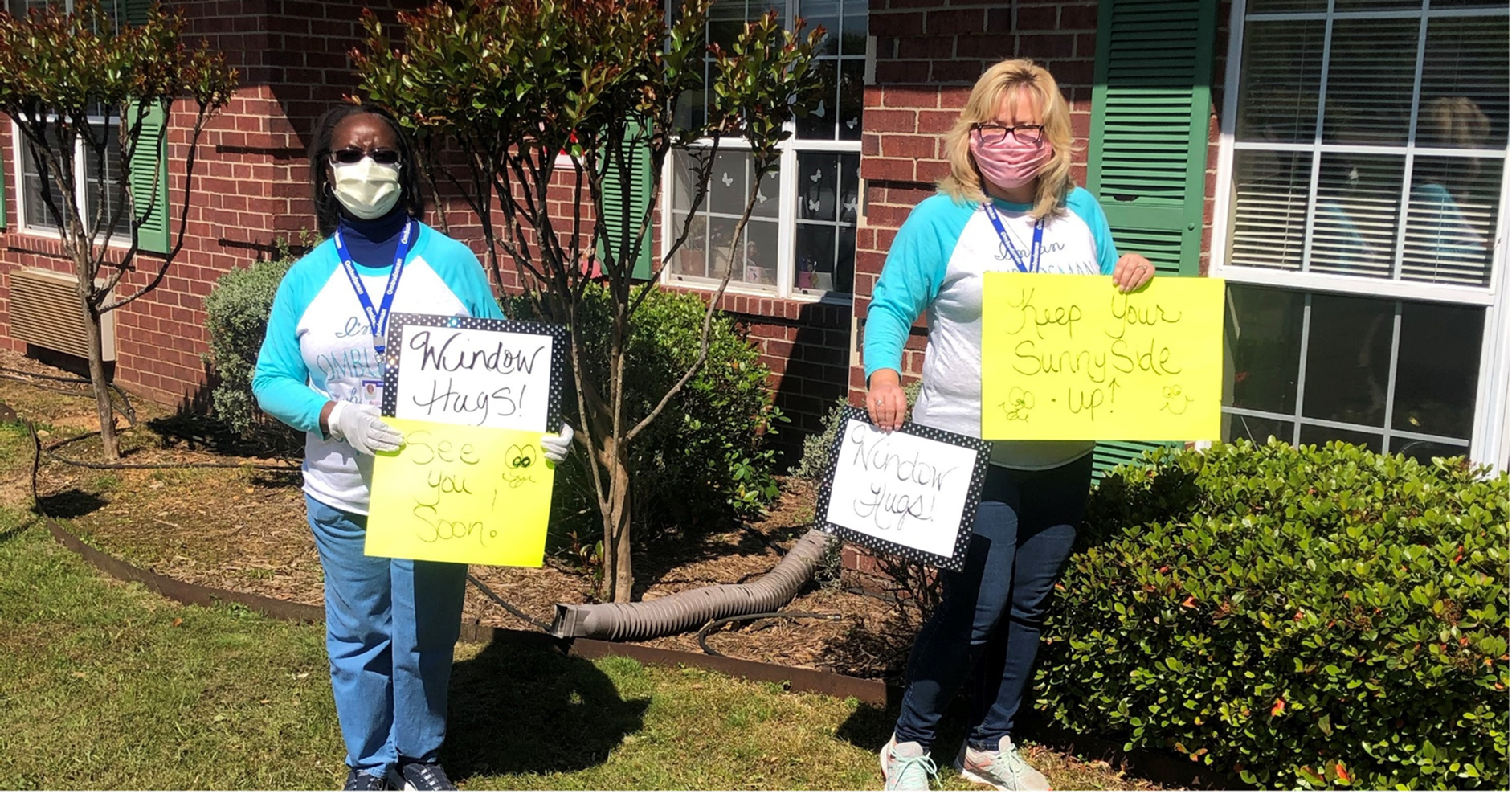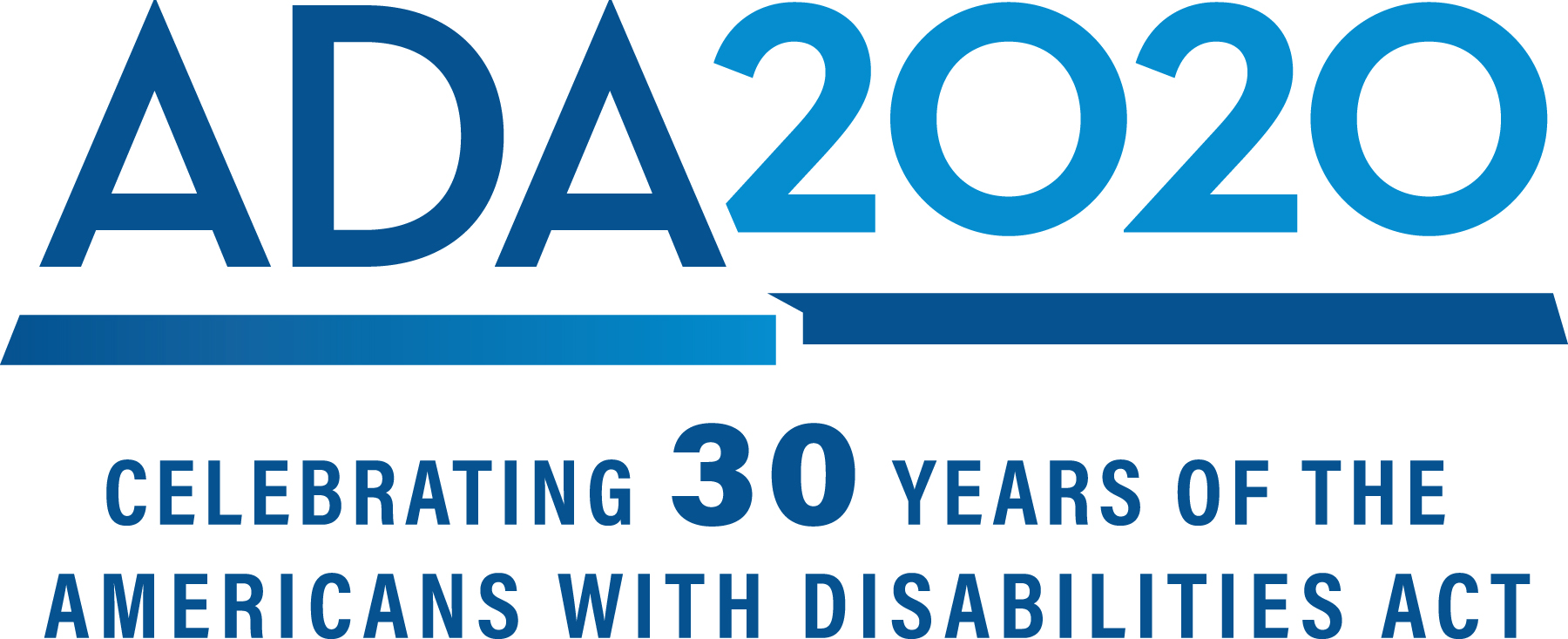Commit to Connect This Holiday Season
For many of us, the holidays are a joyful time, filled with opportunities to celebrate with friends and family. For people who are socially isolated, the holidays can bring opportunities to reconnect with loved ones, as families who live far apart and extended family members find ways to celebrate traditions.
For far too many others, though, the holidays stand as stark reminders of disconnectedness, which can make feelings of loneliness and symptoms of depression worse than ever.
Social isolation is a long-recognized problem for older Americans, particularly the one in three older people who live alone. Similarly, a recent study published in Disability and Health Journal reported that people with disabilities experience loneliness, low perceived social support, and social isolation at significantly higher rates than people without a disability.
Unfortunately, social isolation seems to be increasing, a trend that began even before the COVID-19 pandemic exacerbated the situation. In the past decade the number of Americans living alone has grown 10 percent. This trend has significant consequences. We know that social isolation can be as harmful as smoking 15 cigarettes a day, increasing the risk of many illnesses, and even premature death. Beyond the human cost of social isolation, there are also financial repercussions. For example, an estimated $6.7 billion in annual Medicare spending is attributable to social isolation among older adults.
That’s why addressing social isolation is an important component of many of the programs funded by ACL. Probably the best-known example is the Older Americans Act congregate meals program, which brings people together for a nutritious meal, but equally important, provides opportunities to socialize. In fact, many participants report that the program is their only social opportunity. Gathering for a meal also provides an opportunity for people to connect to other programs that can reduce isolation.
Of course, when the pandemic struck, in-person meals were among the first cancellations. However, the aging network transformed operations to offer grab-and-go meals and expand home delivery options, and they also got creative to find ways to ensure that each meal continued to provide an opportunity to connect.
Adaptions involving congregate meals are just one example of how the networks adjusted to COVID-19. Across the aging and disability networks, our programs have demonstrated an awe-inspiring degree of innovation and determination to help make it possible for people with disabilities and older adults to connect with others and continue to engage in the community, despite the need to stay physically apart.
Very early in the pandemic, it became clear that a coordinated, national approach also was needed to support these efforts. In response, ACL pulled together partners from across federal government, the aging and disability network, philanthropy, and industry to tackle the challenge of combatting social isolation – during COVID-19 and beyond.
Together, we have created the Commit to Connect campaign – a public-private partnership that is:
- building a nationwide network of champions to collaborate on solutions and help us reach more people;
- developing an online, consumer-focused tool that matches people who are socially isolated to customized suggestions for resources that can help them connect and engage;
- establishing critical partnerships in communities and across all levels of government;
- sharing successful initiatives that can be implemented in communities across the country; and more.
Commit to Connect challenges each of us to do our part -- to connect and engage ourselves and to reach out to others to help them to do the same.
ACL will be sharing more about Commit to Connect soon, but today I want to encourage everyone to step up and Commit to Connect this holiday season. For most of us, the holidays will be different this year, as we avoid in-person gatherings to prevent the spread of COVID-19. However, there are many ways we can still connect and celebrate together.
First, take a moment and think about the people in your life. Who among them lives alone? When is the last time you reached out to them? As you’re planning your holiday celebrations, are you finding ways to include them?
At ACL.gov/CommitToConnect, you will find activities that people can do alone or with family and friends. You’ll also find links to resources that will help you find programs and activities in communities across the country. We’ve even compiled gift ideas that can help people connect. Please help us share these suggestions with the people who need them most.
If we all Commit to Connect this holiday season we can make the season brighter for millions of Americans. And if we all Commit to Connect beyond the holidays and beyond COVID-19, we can make an even bigger difference. Ultimately, we can work toward eliminating social isolation altogether. Will you join me?



